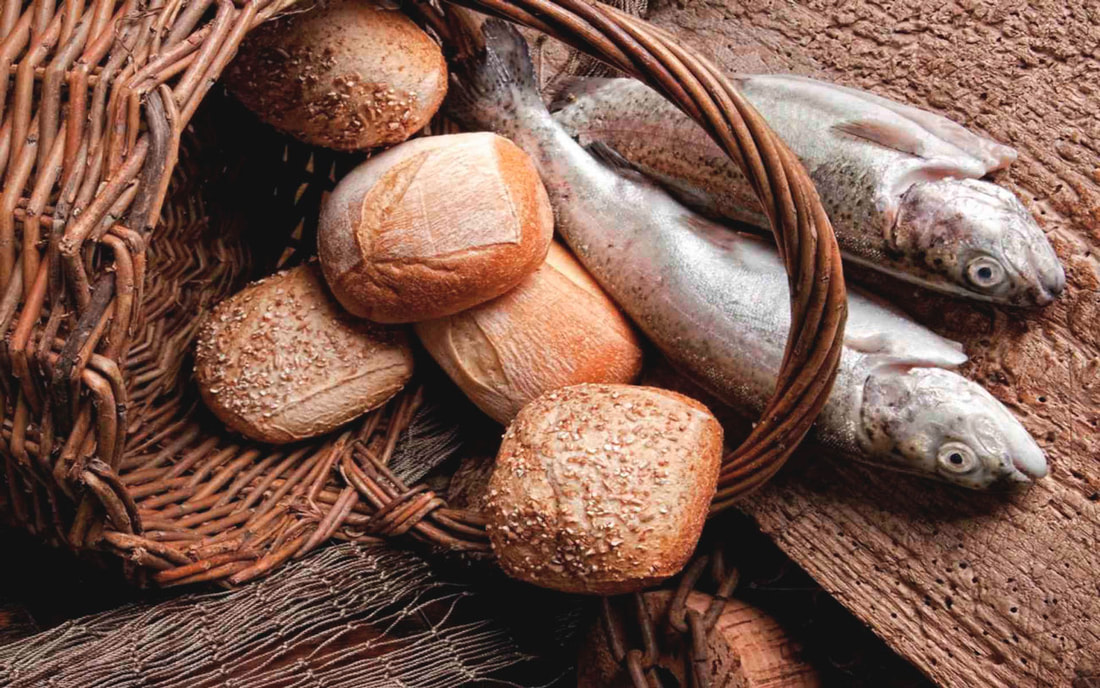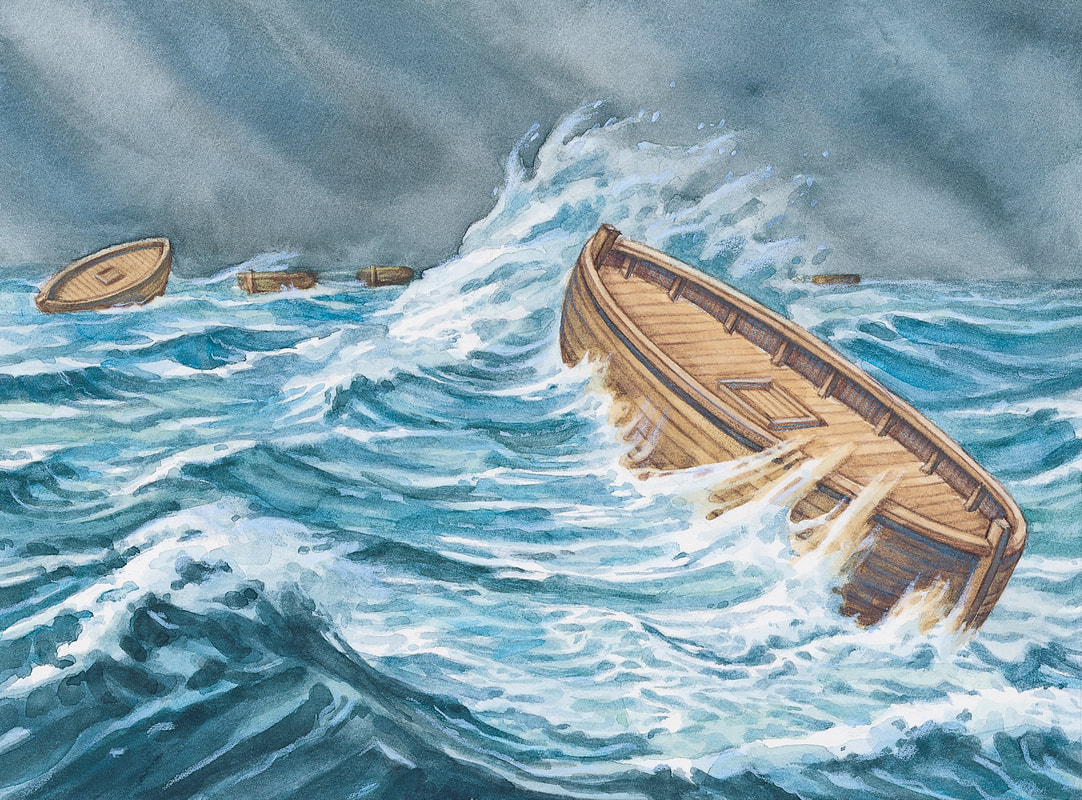|
My topic today is Gratitude, and I seriously considered writing my whole talk from the lyrics of many of the songs in the church hymnbook. I could focus our attention on the beauty of the earth, for the beauty of the skies, for the beauty of each hour of the day and of the night, “Lord of all to thee we raise this our hymn of grateful praise!” (LDS Hymns pg.92, "For the Beauty of the Earth") Or I could encourage you to count your many blessings, name them one by one, and it will surprise you what the Lord has done. (LDS Hymns pg. 241, "Count Your Many Blessings") And with that realization, each one of us must admit that because I have been given much, I too must give. Because I have been sheltered, fed by the Lord’s great care, I cannot see another’s lack and I not share. (LDS Hymns pg. 219, "Because I Have Been Given Much") I am grateful for how simply songs teach us important doctrine. With catchy tunes that stay with us, the words repeat in our minds and we are able to drink deeply from their messages. Having sung these songs so many times in our lives, have we really internalized their message? Or is this just a message of gratitude something we put into practice during the month of November to prepare ourselves for Thanksgiving and then forget it for most of the year? Pres. Monson gave a talk in 2010 entitled “The Divine Gift of Gratitude”. In it, he expressed, “This is a wonderful time to be on earth. While there is much that is wrong in the world today, there are many things that are right and good… Our lives are blessed in countless ways. We can lift ourselves and others as well when we refuse to remain in the realm of negative thought and cultivate within our hearts an attitude of gratitude.” While that talk was first given over 10 years ago, the words still ring true today. Life is tough right now. Whether you are frustrated about the continual effects of the pandemic on the world, or are anxious over the discord in politics and in society, or are even passing through your own personal gethsemane, there are miracles and answers waiting for you…and many of them come through gratitude. Let’s look at the Savior for an example of how gratitude can bring about miracles (this is again taken from Pres Monson’s remarks). As Jesus traveled in the wilderness for three days, more than 4,000 people followed and traveled with Him. He took compassion on them, for they may not have eaten during the entire three days. His disciples, however, questioned, “Whence should we have so much bread in the wilderness, as to fill so great a multitude?” Like many of us, the disciples saw only what was lacking.
Notice that the Savior gave thanks for what they had—and a miracle followed: “And they did all eat, and were filled: and they took up of the broken meat that was left seven baskets full.” Faith precedes the miracles. Gratitude often precedes the miracle as well. Gratitude seems to reach so many directions: it precedes the blessings, but then we must also remember to be grateful during our experiences, and of course we must give thanks after as we count our blessings. So really, we shouldn’t see gratitude as an event (a moment when we express our thanks); we should seek to develop a true “attitude of gratitude” that permeates our very lives. We should seek to live in thanksgiving daily whether we are currently content in our situation or are passing through bitter sorrows. President Uchtdorf put it this way in his talk “Grateful in Any Circumstance”, “Perhaps focusing on what we are grateful for is the wrong approach. It is difficult to develop a spirit of gratitude if our thankfulness is only proportional to the number of blessings we can count…. It is easy to be grateful for things when life seems to be going our way. But what then of those times when what we wish for seems to be far out of reach? Could I suggest that we see gratitude as a disposition, a way of life that stands independent of our current situation. In other words, I’m suggestion that instead of being thankful for things, we focus on being thankful in our circumstances, whatever they may be.” Let’s look at another scripture example to better understand this concept. In Ether we read the story of the Jaredites who were commanded to make barges so that they could cross the oceans and reach the promised land. They worked hard to prepare themselves as much as possible. They followed the Lord’s instruction on how to make the boats (if you don’t remember, they were tight like unto a dish). The Lord provided the light for their barges; the people gathered food, animals, and all other supplies for their journey. And then they had to stand back and let the Lord take the reins. There was no way to steer the vessels. In Ether 6:5-6, we read of how the Lord directed the barges towards their final destination:
Now let’s paint a picture of the difficulty of this journey.
But despite the difficult trials, listen to the attitude the Jaredites had: Ether 6: 9, 12 9 And they did sing praises unto the Lord; yea, the brother of Jared did sing praises unto the Lord, and he did thank and praise the Lord all the day long; and when the night came, they did not cease to praise the Lord. 12 And they did land upon the shore of the promised land. And when they had set their feet upon the shores of the promised land they bowed themselves down upon the face of the land, and did humble themselves before the Lord, and did shed tears of joy before the Lord, because of the multitude of his tender mercies over them. During the entire journey, they did not cease to praise and thank their Lord. And they did see miracles. The difficulty of the winds and waves were part of the miracle. Those winds led them to promised land. They were grateful for it, but it does not mean that it was an easy trip. Yet their constant gratitude brought peace, it strengthened their faith, it kept them humble and patient, it fostered empathy and charity for others. Gratitude has been called at times the “parent of all virtues”. What could have been a trip for the Jaredites filled with grumbling, anger, frustration, and doubt was instead transformed into a sanctifying experience. One that helped them become more like their Savior because they were so focused on showing gratitude to the Lord. May we be able to similarly transform our lives with gratitude so as to develop the many Christlike attributes we desire. Gratitude truly is a powerful tool. I have a testimony of the seemingly magical qualities of gratitude. Just this week when my kids seemed to just want to fight and pester me, we started writing down things we were grateful for on feathers for a paper turkey on our wall. The list ranged from being thankful for unicorns, chocolate, and ballet to more meaningful answers like gratitude for Heavenly Mother, for primary, missionaries, and family members. After having discussed the things we were grateful for, we went about our day and didn’t mention the turkey again. But the spirit had already worked on our hearts. I was more patient, my girls were more loving with one another, and our home seemed to be a happier place. I am so grateful for the power of gratitude. Let me end my talk by reading the Lyrics to one of my favorite hymns of gratitude and one that proclaims my testimony: (LDS Hymns pg.193)
0 Comments
Leave a Reply. |
Andrew and MaichaelCheck out our About page to learn buckets about us. Categories
All
Archives
September 2022
|


 RSS Feed
RSS Feed
